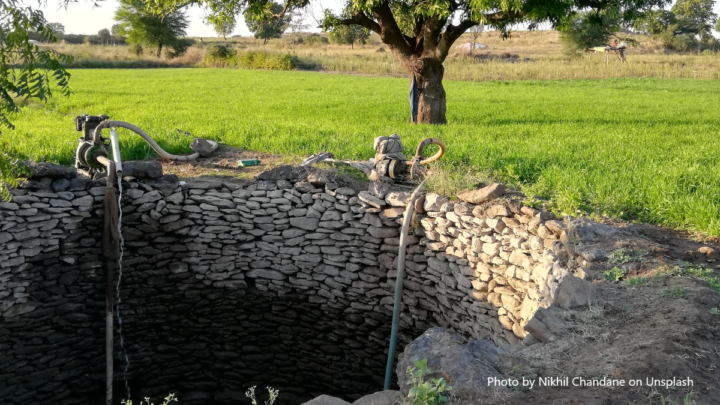As we read through the story of Jesus and the Samaritan woman in John 4, we might miss how radical Jesus’ encounter with the Samaritan woman really is. On three different levels, this never should have happened. First, Jesus was a man and it was considered taboo for a Jewish man to speak with a woman alone, without the company of others. It was seen as unseemly. Second, the woman was a Samaritan. It is hard to describe the animosity between Jews and Samaritans. They had a long sad history of intolerance, violence and hatred. Samaritans were considered to be both religiously and ethnically tainted, they were despised by the Jews. This is why the woman expressed surprise that Jesus, a Jew, would bother speaking to her a Samaritan. Finally, as the story unfolds, we discover that the woman is not living a righteous life. Rabbis in Jesus day would seek to keep themselves ceremonial clean at all times. They would not bother with someone who was considered unclean or even worse, living a sinful life. But despite these three barriers: woman, Samaritan and sinful, Jesus converses with this person and offers her the gift of eternal life.
What I find most interesting about this story is a statement at the beginning of this story. We are told in verse 4 that Jesus “had to go through Samaria.” But why? When you look at a map, you can see Jesus had other routes from which to choose. Many Jews would bypass Samaria altogether, taking an even longer route rather than step foot on Samaritan soil. So what was the necessity?
It would seem that Jesus had to go through Samaria precisely for this purpose: to encounter a lost soul and offer her the gift of eternal life. This was part of his ministry to share the good news of God’s love to the lost, left behind, excluded or forgotten. The lesson here is that the ministry of Jesus is not to be limited just to Judea and Galilee; it also included Samaria. The “living water” is to be offered not only to Judeans and Galileans; it was also to be offered to Samaritans (and to Gentiles in similar encounters). The openness of Jesus’ ministry is much greater than geographical boundaries.
In the same way as Jesus reached out to someone unexpected – a five-time divorcee, a woman, a Samaritan. Jesus also reaches out to us with “living water.” Similarly, we need to offer living water to the most unexpected of people. It is not for us to say who is receptive to the Gospel. It is not for us to determine who is worthy of the gospel’s treasure. It is not for us to limit our testimony and witnessing to certain peoples or in particular places.
The good news that Jesus spoke, the healings that he enacted, and the life he offered was for all people. Jesus broke all sorts of conventional and cultural barriers. In the process, Jesus lived a life that affirmed the dignity and worth of all human beings. There is no one who is beyond the pale of God’s grace. No one is so far gone that they are beyond the invitation of God’s grace. No one is so broken that Jesus cannot bring healing. No one is so sinful that Jesus cannot forgive them. No one is so lost that they cannot be found.
If the church is to live into its identity as the Body of Christ, then the work of the church should follow the example of Jesus. Bridges are more important than barriers. Hospitality is more important than gate-keeping. What a beautiful story of the expansiveness of God’s love. What a beautiful reminder of who we are called to be.


